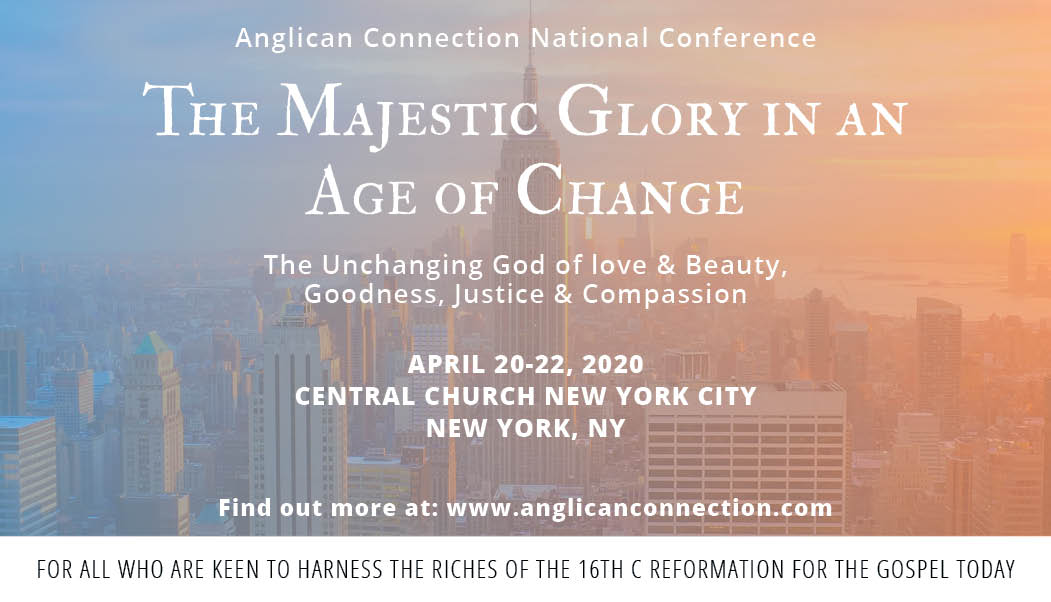
Thanksgiving…
Throughout this week, ‘Happy Thanksgiving’ will echo across the landfrom New York to San Francisco. The principle of ‘Thanksgiving’ has its origins in a non-sectarian expression of ‘thanks’ to a loving, merciful and generous God.
While Presidential Thanksgiving Proclamations are usually related to a special moment in the American story – as when Presidents Washington, Adams, and Lincoln made their Proclamations – the principle of a day of Thanksgiving continues. For example, in 1789 the first President, George Washington commended that a Day of Thanksgiving be held on Thursday, November 26 of that year.
Washington’s 1789 Proclamation stated: Whereas it is the duty of all nations to acknowledge the providence of Almighty God, to obey His will, to be grateful for His benefits, and humbly to implore His protection and favour; and—Whereas both Houses of Congress have, by their joint committee, requested me “to recommend to the people of the United States a day of public thanksgiving and prayer, to be observed by acknowledging with grateful hearts the many and signal favors of Almighty God, especially by affording them an opportunity peaceably to establish a form of government for their safety and happiness:
When we think about it, Thanksgiving is a very Judaeo-Christian theme, for we find it both in the ‘Law, the Prophets and the Writings’ (Old Testament) and in the New Testament.
The theme of Thanksgiving permeates the Book of Psalms, often setting this in the context of God’s goodness in creation, and his mercy towards his people even when they fell away from their whole-hearted commitment to him.
For example in the opening lines of Psalm 103 we read: Bless the Lord, O my soul, and all that is within me, bless his holy name. Bless the Lord, O my soul, and do not forget all his benefits— who forgives all your iniquity, who heals all your diseases, who redeems your life from the Pit, who crowns you with steadfast love and mercy, who satisfies you with good as long as you live so that your youth is renewed like the eagle’s (Ps. 103:1-5).
What is interesting here is that King David, the song-writer, is not talking to God as he usually does in his songs or psalms. He is talking to himself – to his soul. In fact he continues the conversation with himself through the first five verses.
He is telling himself things he knew he needed to hear. He knew himself well enough to realize that he could slide into being a thankless man of God. And so it is that as he considers afresh who God is and what he has done for him, he reflects on God’s goodness. He identifies God’s many blessings, lest in times of disappointment or backsliding he forget the source of his prosperity and success and take God’s grace for granted.
It’s an exhortation we all need to hear. We ought to treat God with great honor, for He is good to us in a thousand different ways. He is never over-indulgent. He disciplines us when we need it, and, for our good he doesn’t give us everything we want when we want it. Yet his kindness is vast – often giving us unexpected good things.
The sad reality is that most of us simply forget to thank God for all his goodness. We take it all for granted. Like nine of the ten lepers Jesus once healed, we don’t even offer one word of thanks.
So important is thanksgiving to God that Paul the Apostle urges us to pray with a deep sense of gratitude in our hearts: Do not be anxious about anything, he writes, but in everything, by prayer and petition, with thanksgiving, present your requests to God… (Philippians 4:5-6).
The context in which we find these words of Paul is his exhortation that we rejoice in the Lord (Jesus) always (Philippians 4:4). Glorying in Christ Jesus and all that he has done for us in rescuing us and bringing us into a vital relationship with God, is central. God wants us to so value Jesus Christ that we long for the smile of his approval in all we do.
This is the context of Paul’s command: ‘Have no anxiety about anything …’ His words are a timeless and universal remedy for anxiety. Prayer and Thanksgiving together commit us into the hands of the God who is Lord and who is committed to bringing good for us out of every situation no matter what it is.
‘Thanksgiving’ by its very nature does not have its origin within us. As Karl Barth put it: Grace evokes gratitude like the voice of an echo. Gratitude follows grace like thunder lightning.
May your Thanksgiving first be directed to the God from whom all true blessings flow!

